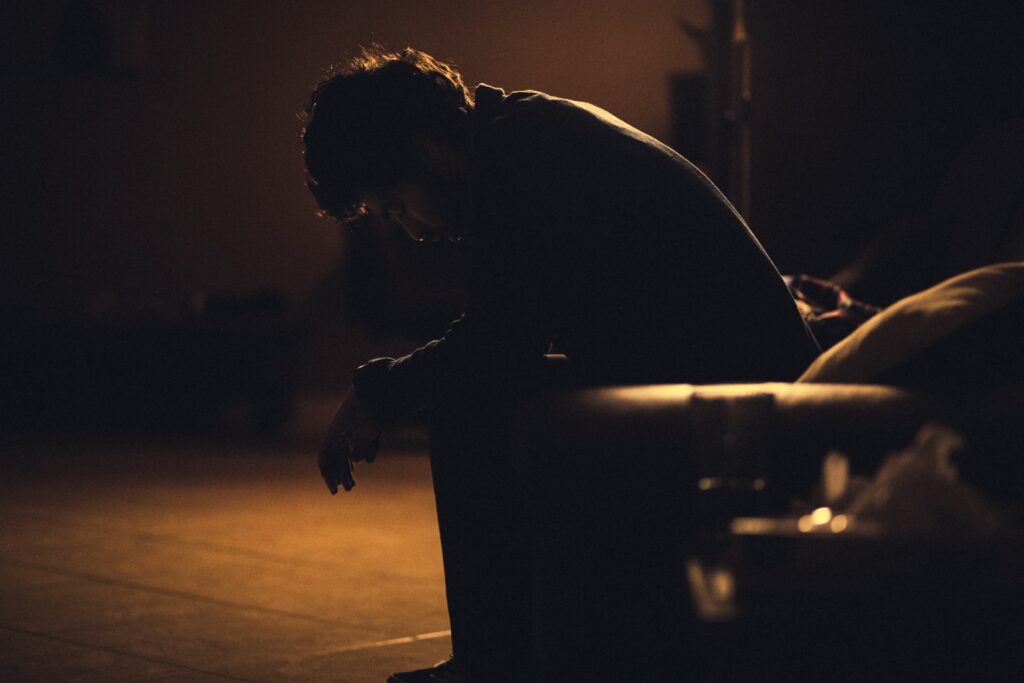- Home
- Addiction Treatment
- Psychotherapy for Addiction
Psychotherapy for Addiction
Psychotherapy, especially when used in addiction treatment, can be a life-changing tool.
It can improve your mental health and help you to understand more about your addiction.
By selecting a rehab clinic through Rehab Recovery, we can ensure that you receive treatment using a wide range of psychotherapy techniques and methods.
Begin your recovery journey today by calling us on 0800 088 66 86.
What Is Psychotherapy?

Psychotherapy lies at the foundation of many addiction treatment programmes.
Along with physical detoxification programmes, psychotherapy is offered at rehab to help clients overcome their dependencies on drugs and alcohol.
Psychotherapy helps clients to understand the root of their addiction.
Sadly, many people turn to drugs and alcohol as a result of abuse or trauma.
Dealing with these issues can help to prevent any further addictive behaviour.
Detox And Treatment

Many people who consider rehab believe that a detoxification programme is the only part they need to complete.
This isn’t true and will only help to end the physical addiction.
Psychotherapy, though it can be challenging, will help you to acknowledge difficult feelings and move forward in the right direction.
At Rehab Recovery, we understand that psychotherapy can be tough.
Opening Up

Lots of people find it hard to open up about their issues due to the stigma surrounding addiction and a fear of vulnerability.
However, psychotherapy is an amazing treatment tool and once you begin your journey, things will get easier.
At a private drug rehab, there are many different kinds of psychotherapy.
Therefore, staff will work closely with you to develop a treatment plan with major benefits.
What Therapies Are Included In Psychotherapy?

Psychotherapy in rehab takes form through a range of talking therapies.
This will help you to address issues directly and ponder questions with your therapist.
The most commonly used forms of psychotherapy in rehab include, but are not limited to:
- Cognitive Behavioural Therapy: This form of talking therapy helps you to manage your problems by challenging and subsequently changing your thinking patterns and behaviours. It also helps you to break down big issues into smaller, manageable tasks. The main aim of CBT is to teach you new skills to help you in your daily life. Once completed, you will have a variety of tools to help eliminate negative, unhelpful thoughts.
- Dialectical Behavioural Therapy: Dialectical behavioural therapy is based on CBT but is adapted further to help people who feel very intense emotions. This talking therapy aims to help you accept difficult feelings and form skills to help you manage them. DBT helps clients to learn that they can accept their feelings and work on changing their behaviour at the same time.
- Group Therapy: Group therapy is widely used in rehabilitation settings as it can help clients learn to open up to peers for support as well as learn to listen and offer support to those in need. In group therapy, around 8 people or less will meet weekly with a therapist. Group therapy falls under the psychoanalytic category of psychotherapy, this means that this form of treatment focuses on the present whilst also acknowledging the past.

- Family Therapy: Family therapy is offered in most private rehab clinics due to the benefits it brings for both clients and their loved ones. The aim of family therapy is to improve communication. During these sessions, lots of unearthed issues come to light which can help to break down generational trauma. The sessions are also very useful in getting families to understand more about addiction without judgement. Family therapy is an excellent way of communicating and discussing issues in a calm environment.
- Eye Movement Desensitisation and Reprocessing: EMDR is another talking therapy but has been specifically developed for those with post-traumatic stress disorder (PTSD). Many clients who experience PTSD often struggle with intrusive thoughts, flashbacks and nightmares relating to their trauma. EMDR therapy helps the brain to reprocess memories. The end goal is that these negative thoughts and feelings will have less of an impact, allowing clients to move forward in their healing process.
EMDR can be a distressing time for some clients, so when offered at rehab it is important to ensure you make use of your support networks whether this is through staff and peers or through family and friends.
There are lots of different types of psychotherapy available at rehab.
The programmes recommended to you will depend on certain factors such as the severity of your addiction and symptoms, as well as your personal preferences and needs.
What Can Psychotherapy Help With?

Many people with addiction often struggle with mental health conditions.
This is called a dual diagnosis and it can be difficult to effectively treat.
This is because many of the signs and symptoms of addiction can cross over into the symptoms of a mental health condition.
At private rehab, both your physical and mental health are made a priority at all times.
This means that you will always receive treatment for dual diagnosis if you need it.
As we value psychotherapy very highly, we only work with expert treatment providers.

Psychotherapy is an amazing tool and can help to treat a wide range of mental health conditions in conjunction with addiction such as:
- Depression
- Generalised Anxiety Disorder
- Eating Disorders
- Obsessive-Compulsive Disorder
- Post-Traumatic Stress Disorder
- Bipolar Disorder
Reach Out To The Rehab Recovery Team Today

If you have been struggling with addiction or facing issues with drugs and alcohol, call our team today on 0800 088 66 86.
We understand that it can be difficult to reach out and think about the long journey ahead.
However, many of our team members have also faced addiction in the past and know exactly how it feels.

We offer zero-judgement, no-obligation phone calls to all clients so we can answer any queries you may have.
Whilst it may feel daunting to begin, psychotherapy can change your life for the better.
Understanding more about your addiction and learning new skills can prevent you from engaging in addictive behaviour in the future.
Begin your recovery journey today with Rehab Recovery.


